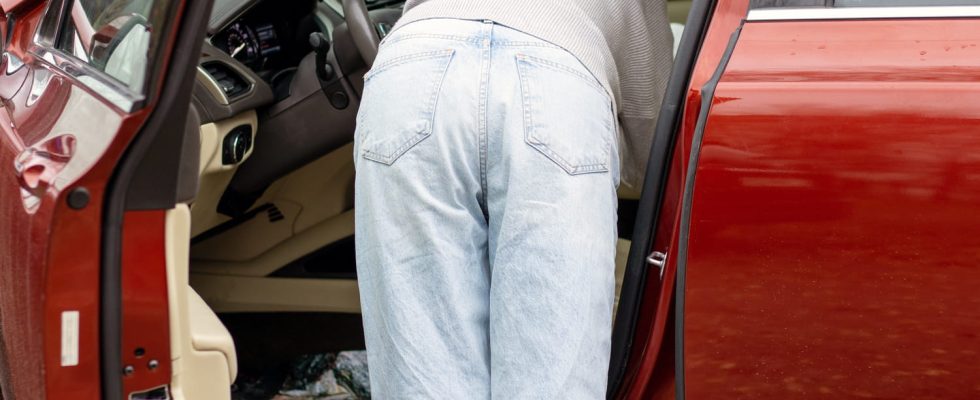This act of routine maintenance of your car is strictly regulated by the law and the bill can be very high for those who do not respect it.
It is often in spring that motorists remember that a car needs to be cleaned. It must be said that at the end of winter, our cars bear the scars of the long months of bad weather during which they were confronted with cold, rain, frost and sometimes snow. When the nice weather arrives, the cleaning stations fill up and you sometimes have to wait for your turn for several tens of minutes. However, not all French people prefer rollers or high pressure washing to remove traces of dirt on their car, many prefer to clean bodywork, windows and wheels themselves in order to save money.
In a car wash, the service often costs between 5 and 15 euros depending on the option chosen. It’s cheaper to do it yourself, but it requires a little more time, a lot of water – on average 300 liters – and soap. But what many motorists don’t know is that cleaning a vehicle is strictly regulated by law and that you can quickly regret not having agreed to spend around ten euros in a structure dedicated to washing. of cars. In France, cleaning your car in front of the street has been prohibited since 1979, even if you do it in front of your garage, your gate or in the street as long as it faces the public highway.
Taking out your water jet and sponge on a beautiful day in May to spruce up your car can cost you a fine of 450 euros. The law even goes much further since, if it is proven that the water discharged into the ground contains polluting products (motor oil, hydrocarbons, detergents, etc.), the person responsible risks a prison sentence of 2 years and a fine of 75,000 euros. It is therefore not only during periods of drought, when the use of water must be drastically reduced and reserved for essential activities (consumption, showers, etc.), that cleaning your car is prohibited. It must be said that the activity is not very ecological.
To protect the environment, it is much wiser to go to a washing station equipped to collect and treat dirty water. Water consumption for washing is also much lower, often divided by six or two, depending on whether you clean your vehicle with a high-pressure jet (50 liters) or with rollers (160 liters). , which reduces the waste of a precious resource for humanity. Another solution is to favor companies that offer “dry” (or “waterless”) washing, which is much more eco-responsible. And beyond protecting our planet, stopping washing your vehicle in front of your home can still save you from a big fine that you might not have expected.
